40 High Protein Snacks to Fuel Your Day

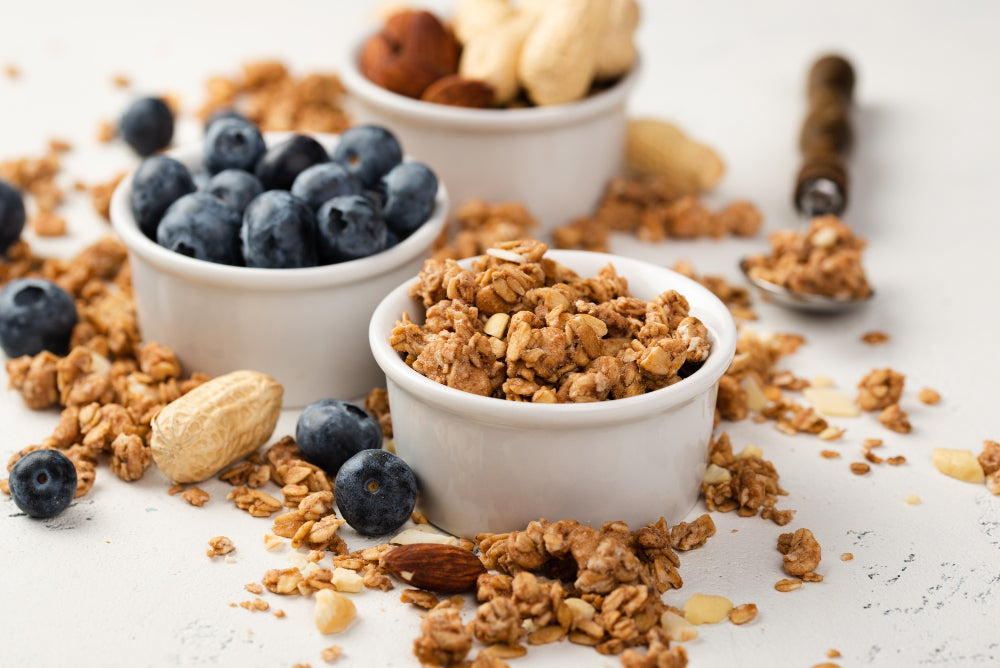
Related products
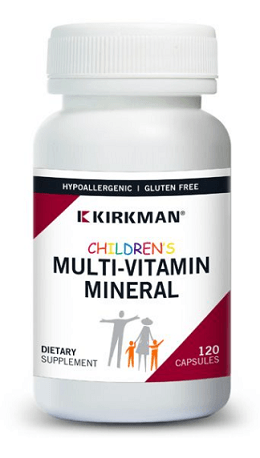
Whether you're looking for high protein snack ideas to help you with specific training or health goals or just to add a fun variety to your diet, our list of 40 high protein snacks will give you more than plenty of options. You can mix and match to find your favourite combinations and get the right amount of protein into your daily diet.
Dr. Alison Tedstone, Chief Nutritionist at Public Health England, highlights that "snacking can be a beneficial strategy to ensure sufficient nutrient intake throughout the day, provided the choices are healthy and nutrient-dense." If you are looking to really take your protein intake to the next level, check out our collection of protein supplements.
40 High Protein Snacks
| Snacks | Grams of Protein | |
| 1 | Greek Yogurt | 10 |
| 2 | Protein Bar | 20 |
| 3 | Hard Boiled Eggs | 12 |
| 4 | Edamame | 8 |
| 5 | Cottage Cheese | 14 |
| 6 | Tuna | 15 |
| 7 | Jerky | 9 |
| 8 | Chickpeas | 7 |
| 9 | Almonds | 6 |
| 10 | Pumpkin Seeds | 9 |
| 11 | Peanut Butter | 8 |
| 12 | Protein Shake | 25 |
| 13 | Cheese | 7 |
| 14 | Tofu | 10 |
| 15 | Hummus | 4 |
| 16 | Quinoa | 8 |
| 17 | Turkey Slices | 13 |
| 18 | Smoked Salmon | 18 |
| 19 | Chia Pudding | 5 |
| 20 | Black Beans | 7 |
| 21 | Sunflower Seeds | 6 |
| 22 | Whey Protein | 24 |
| 23 | Soy Nuts | 9 |
| 24 | String Cheese | 8 |
| 25 | Baked Chicken Breast | 20 |
| 26 | Tempeh | 21 |
| 27 | Lentils | 9 |
| 28 | Beef Sticks | 6 |
| 29 | Seitan | 21 |
| 30 | Pea Protein Chips | 15 |
| 31 | Ham Slices | 10 |
| 32 | Almond Butter | 7 |
| 33 | Oatmeal with Protein Powder | 20 |
| 34 | Pistachios | 6 |
| 35 | Milk | 8 |
| 36 | Chicken Salad | 22 |
| 37 | Salmon Salad | 20 |
| 38 | Protein Cookies | 18 |
| 39 | Roasted Chickpeas | 7 |
| 40 | Quark | 11 |
1. Greek Yogurt
Greek yogurt is a staple in the realm of high-protein snacks. Each serving provides approximately 10 grams of protein, making it an excellent option for muscle repair and maintenance. The straining process used to make Greek yogurt removes much of the liquid whey, resulting in a thicker texture and higher protein concentration. According to Dr. Michelle Storfer, a dietitian and nutritionist, "Greek yogurt is not only high in protein but also contains important nutrients like calcium and vitamin B12." These nutrients are essential for bone health and energy metabolism, making Greek yogurt a well-rounded snack choice.
2. Protein Bar
Protein bars are a convenient and effective way to boost protein intake, often containing around 20 grams of protein per bar. They are particularly popular among athletes and busy professionals who need a quick source of nutrition on the go. Dr. John Berardi, a renowned nutrition expert, notes that "protein bars can help meet daily protein needs, especially when whole food options are not available." However, it's important to choose bars with minimal added sugars and artificial ingredients to maximise health benefits.
3. Hard Boiled Eggs
Hard boiled eggs are a simple yet potent high-protein snack, offering about 12 grams of protein per two large eggs. They are also rich in essential amino acids, vitamins, and minerals. Dr. Frank Hu, a professor of nutrition at Harvard T.H. Chan School of Public Health, emphasizes that "eggs are one of the best sources of high-quality protein available." Their portability and nutrient density make them an excellent choice for maintaining energy levels throughout the day.
4. Edamame
Edamame, or young soybeans, provide approximately 8 grams of protein per half-cup serving. They are also high in fibre, which aids in digestion and helps maintain stable blood sugar levels. Nutrition expert Dr. Michael Greger highlights that "edamame is a complete protein, containing all nine essential amino acids." This makes it an excellent plant-based protein source for vegetarians and vegans.
5. Cottage Cheese
Cottage cheese is a protein powerhouse, delivering around 14 grams of protein per half-cup serving. It is particularly favoured for its versatility, as it can be eaten on its own, mixed with fruits, or used as a topping for whole-grain crackers. The casein protein in cottage cheese is slow-digesting, providing sustained energy and helping to maintain muscle mass. Research published in the American Journal of Clinical Nutrition indicates that casein can support muscle maintenance during weight loss.
6. Tuna
Canned tuna is a highly convenient and protein-rich snack, offering approximately 15 grams of protein per 3-ounce serving. It is also a good source of omega-3 fatty acids, which are beneficial for heart health. Dr. Dariush Mozaffarian, a cardiologist and nutrition expert, asserts that "regular consumption of fish like tuna can support cardiovascular health and provide essential nutrients." When choosing tuna, opt for varieties packed in water rather than oil to reduce excess calorie intake.
7. Jerky
Jerky, whether made from beef, turkey, or other meats, provides around 9 grams of protein per ounce. It is a highly portable snack, making it ideal for outdoor activities or busy days. However, Dr. David Katz, director of the Yale-Griffin Prevention Research Center, advises that "it's important to select jerky with low sodium content to avoid excessive salt intake." Jerky can be a nutritious snack when consumed in moderation and as part of a balanced diet.
8. Chickpeas
Chickpeas, also known as garbanzo beans, offer about 7 grams of protein per half-cup serving. They are also rich in fibre, vitamins, and minerals, contributing to overall health. Dr. Michael Greger points out that "legumes like chickpeas are an excellent source of plant-based protein and can be easily incorporated into various dishes." Roasted chickpeas make a crunchy, satisfying snack that can be flavoured with a variety of spices.
9. Almonds
Almonds provide approximately 6 grams of protein per ounce, along with healthy fats, fibre, and essential vitamins and minerals. Dr. Joan Sabaté, a nutrition expert at Loma Linda University, notes that "regular consumption of nuts like almonds is associated with numerous health benefits, including improved heart health." Almonds can be eaten on their own, added to salads, or used as a topping for yoghurt and oatmeal.
10. Pumpkin Seeds
Pumpkin seeds are a nutrient-dense snack, offering around 9 grams of protein per ounce. They are also high in magnesium, zinc, and healthy fats. According to Dr. Andrew Weil, an integrative medicine expert, "pumpkin seeds are a valuable source of plant-based protein and essential nutrients." These seeds can be eaten raw, roasted, or added to trail mix for a protein boost.
11. Peanut Butter
Peanut butter is a classic high-protein snack, providing about 8 grams of protein per two-tablespoon serving. It is also a good source of healthy fats and essential vitamins. Dr. Walter Willett, a professor of nutrition at Harvard T.H. Chan School of Public Health, explains that "nut butters like peanut butter can be part of a healthy diet when consumed in moderation." Spread it on whole-grain bread, apples, or celery sticks for a satisfying snack.
12. Protein Shake
Protein shakes are a convenient way to significantly boost protein intake, often containing around 25 grams of protein per serving. They can be made with various protein powders, such as whey, soy, or pea protein. Dr. Stuart Phillips, a leading researcher in protein metabolism, emphasizes that "protein shakes can be particularly beneficial for individuals with higher protein needs, such as athletes and older adults." They are ideal for post-workout recovery and as a meal supplement.
13. Cheese
Cheese, depending on the type, provides about 7 grams of protein per ounce. It is also a rich source of calcium and other essential nutrients. Dr. Dariush Mozaffarian suggests that "consuming cheese in moderation can be part of a balanced diet, providing valuable nutrients and protein." Pair cheese with whole-grain crackers or fruit for a balanced snack.
14. Tofu
Tofu, a versatile soy product, offers around 10 grams of protein per half-cup serving. It is a complete protein, containing all essential amino acids, making it an excellent choice for vegetarians and vegans. Dr. Neal Barnard, a nutrition researcher, states that "tofu is not only high in protein but also contains compounds that may benefit heart health." It can be used in a variety of dishes, from stir-fries to smoothies.
15. Hummus
Hummus, made from blended chickpeas, provides about 4 grams of protein per two-tablespoon serving. It is also rich in healthy fats and fibre. According to Dr. Michael Greger, "hummus is a nutritious and versatile dip that can be paired with vegetables or whole-grain crackers for a protein-rich snack." It is an excellent option for those seeking plant-based protein sources.
16. Quinoa
Quinoa is a nutrient-dense grain that offers approximately 8 grams of protein per cup. It is also a complete protein, containing all nine essential amino acids. Dr. Walter Willett highlights that "quinoa is a highly nutritious grain that can enhance the protein content of meals." It can be used in salads, as a side dish, or as a base for protein bowls.
17. Turkey Slices
Turkey slices, particularly from lean cuts, provide around 13 grams of protein per 3-ounce serving. They are also low in fat, making them a healthy snack option. Dr. David Ludwig, a professor of nutrition at Harvard, notes that "lean meats like turkey are excellent sources of high-quality protein." Pair turkey slices with whole-grain bread or vegetables for a balanced snack.
18. Smoked Salmon
Smoked salmon is a protein-rich snack, offering about 18 grams of protein per 3-ounce serving. It is also high in omega-3 fatty acids, which are beneficial for heart health. Dr. Dariush Mozaffarian asserts that "regular consumption of oily fish like salmon can support cardiovascular health." Enjoy smoked salmon on whole-grain crackers or with a salad.
19. Chia Pudding
Chia pudding, made from chia seeds soaked in liquid, provides around 5 grams of protein per serving. Chia seeds are also high in fibre and omega-3 fatty acids. Dr. Michael Greger highlights that "chia seeds are a nutrient-dense food that can enhance the protein content of various dishes." Chia pudding can be flavoured with fruits, nuts, and spices for a nutritious snack.
20. Black Beans
Black beans offer about 7 grams of protein per half-cup serving. They are also rich in fibre, which supports digestive health. Dr. David Katz notes that "legumes like black beans are excellent sources of plant-based protein and can be easily incorporated into various dishes." Use black beans in salads, soups, or as a dip.

21. Sunflower Seeds
Sunflower seeds provide approximately 6 grams of protein per ounce, along with healthy fats and essential vitamins. Dr. Joan Sabaté explains that "seeds like sunflower seeds are nutritious and can contribute to a healthy diet." They can be eaten on their own, added to salads, or used in baking.
22. Whey Protein
Whey protein is a highly efficient protein source, offering around 24 grams of protein per scoop. It is rapidly absorbed by the body, making it ideal for post-exercise recovery. Dr. Stuart Phillips emphasizes that "whey protein is one of the best sources of high-quality protein for muscle repair and growth." It can be mixed with water, milk, or added to smoothies. Continue reading to learn When to take Whey Protein for Weight Loss?
23. Soy Nuts
Soy nuts are roasted soybeans that provide about 9 grams of protein per ounce. They are also high in fibre and healthy fats. Dr. Neal Barnard notes that "soy products like soy nuts are valuable sources of plant-based protein."
24. String Cheese
String cheese, typically made from mozzarella, offers around 8 grams of protein per serving. This convenient snack is portable and easy to include in lunchboxes or as an on-the-go option. Dr. Joan Sabaté, a professor of nutrition, explains that "string cheese is a good source of calcium and protein, making it a healthy choice for maintaining bone health and muscle function." Its simplicity and nutritional profile make it a reliable snack for children and adults alike.
25. Baked Chicken Breast
Baked chicken breast is a protein powerhouse, providing approximately 20 grams of protein per 3-ounce serving. It is low in fat and versatile in preparation. Dr. David Ludwig, a nutrition expert, states that "chicken breast is an excellent source of lean protein that supports muscle growth and repair." Incorporating baked chicken breast into meals or snacks can significantly enhance protein intake without adding excessive calories.
26. Tempeh
Tempeh, a fermented soy product, delivers about 21 grams of protein per half-cup serving. It is rich in probiotics and essential nutrients. According to Dr. Neal Barnard, "tempeh is a nutritious plant-based protein that also supports gut health due to its fermentation process." Tempeh can be stir-fried, grilled, or added to salads, offering a robust and versatile protein source for vegetarians and vegans.
27. Lentils
Lentils provide around 9 grams of protein per half-cup serving and are also high in fibre and essential minerals. Dr. Michael Greger highlights that "lentils are a staple in plant-based diets, offering significant protein and numerous health benefits." They can be used in soups, stews, and salads, making them a versatile ingredient in various dishes.
28. Beef Sticks
Beef sticks offer a convenient snack option with approximately 6 grams of protein per stick. They are portable and easy to store, making them ideal for travel or busy days. Dr. David Katz advises that "choosing low-sodium beef sticks can help manage sodium intake while still providing a good source of protein." They can be a practical choice for those needing a quick protein boost.
29. Seitan
Seitan, also known as wheat gluten, provides an impressive 21 grams of protein per 3-ounce serving. It is a popular meat substitute for vegetarians and vegans. Dr. Michelle McMacken notes that "seitan is an excellent source of plant-based protein and has a texture similar to meat, making it a versatile ingredient." It can be used in a variety of dishes, from stir-fries to sandwiches.
30. Pea Protein Chips
Pea protein chips are a modern snack option offering about 15 grams of protein per serving. Made from pea protein isolate, these chips are a crunchy alternative to traditional snacks. Nutrition expert Dr. Stuart Phillips explains that "pea protein is a high-quality plant protein that can be beneficial for muscle repair and maintenance." These chips can satisfy cravings while contributing to daily protein intake.
31. Ham Slices
Ham slices provide around 10 grams of protein per 3-ounce serving and are a convenient source of lean protein. Dr. Dariush Mozaffarian suggests that "lean ham can be part of a balanced diet, offering a good source of protein without excessive fat." Pairing ham slices with whole-grain bread or vegetables can create a balanced and nutritious snack.
32. Almond Butter
Almond butter offers approximately 7 grams of protein per two-tablespoon serving and is rich in healthy fats and vitamins. Dr. Joan Sabaté highlights that "nut butters like almond butter are nutritious and can be included in a healthy diet." Spread almond butter on whole-grain toast, apple slices, or celery sticks for a protein-packed snack.
33. Oatmeal with Protein Powder
Oatmeal with protein powder is an excellent way to start the day, providing about 20 grams of protein per serving. This combination enhances the nutritional value of traditional oatmeal. Dr. Michael Greger states that "adding protein powder to oatmeal can boost its protein content, making it a more balanced meal." This option is ideal for breakfast or a post-workout snack.
34. Pistachios
Pistachios provide around 6 grams of protein per ounce and are also high in healthy fats and antioxidants. Dr. David Jenkins, a professor of nutritional sciences, notes that "nuts like pistachios are beneficial for heart health and provide a good source of protein." They can be eaten on their own, added to salads, or used in baking.
35. Milk
Milk is a traditional source of high-quality protein, offering approximately 8 grams of protein per cup. It is also rich in calcium and vitamin D. Dr. Frank Hu explains that "milk is a complete protein source that supports bone health and muscle function." Drinking milk or using it in smoothies and cereals can help meet daily protein needs.
36. Chicken Salad
Chicken salad is a protein-rich snack, providing about 22 grams of protein per serving. It combines the benefits of lean chicken with various vegetables and healthy fats. Dr. David Ludwig states that "chicken salad can be a nutritious and balanced snack when prepared with healthy ingredients." It can be enjoyed on its own, in a sandwich, or on top of a salad.
37. Salmon Salad
Salmon salad offers approximately 20 grams of protein per serving and is high in omega-3 fatty acids. Dr. Dariush Mozaffarian highlights that "salmon is one of the best sources of omega-3s, which support heart health." Incorporating salmon salad into your diet can provide significant protein and essential nutrients.
38. Protein Cookies
Protein cookies are a convenient snack option with around 18 grams of protein per serving. They are designed to provide a sweet treat while boosting protein intake. Dr. John Berardi notes that "protein cookies can be a good alternative to traditional cookies, offering higher protein content." Choose varieties with minimal added sugars for the best health benefits.
39. Roasted Chickpeas
Roasted chickpeas provide about 7 grams of protein per half-cup serving and are also high in fibre. Dr. Michael Greger explains that "roasted chickpeas are a nutritious snack that offers both protein and fibre, supporting digestive health." They can be flavoured with various spices and enjoyed as a crunchy snack.
40. Quark
Quark is a dairy product similar to yogurt, offering approximately 11 grams of protein per half-cup serving. It is rich in calcium and probiotics. Dr. Michelle Storfer notes that "quark is an excellent source of protein and beneficial bacteria, supporting both muscle health and digestion." It can be eaten on its own, with fruits, or used as a spread.
This comprehensive guide to high-protein snacks provides a variety of options to help you meet your daily protein needs, support muscle maintenance, and contribute to overall health. Incorporate these snacks into your diet to fuel your day effectively.

People Also Ask
What snack is the highest in protein?
Among the snacks listed, a protein shake typically provides the highest amount of protein, with around 25 grams per serving. Protein shakes are made using various protein powders such as whey, soy, or pea protein, which are designed to deliver a concentrated dose of protein quickly and conveniently. Dr. Stuart Phillips, a leading researcher in protein metabolism, emphasises that "protein shakes can be particularly beneficial for individuals with higher protein needs, such as athletes and older adults." They are ideal for post-workout recovery and as a meal supplement.
How can I get 20g of protein in a snack?
Achieving a snack with 20 grams of protein can be done with several options:
- Protein Bars: Many protein bars, such as those from the brand Grenade, provide around 20 grams of protein per bar.
- Baked Chicken Breast: A 3-ounce serving of baked chicken breast offers about 20 grams of protein.
- Protein Shakes: A typical protein shake can easily provide 20 grams or more of protein, depending on the brand and serving size.
- Oatmeal with Protein Powder: Adding a scoop of protein powder to your oatmeal can boost its protein content to around 20 grams.
How to get 100g of protein a day?
To consume 100 grams of protein a day, you can distribute your intake across meals and snacks. Here’s a possible plan:
- Breakfast: Greek yogurt with a handful of almonds (20 grams)
- Morning Snack: Protein bar (20 grams)
- Lunch: Chicken salad (22 grams)
- Afternoon Snack: Protein shake (25 grams)
- Dinner: Baked chicken breast with quinoa (20 grams)
- Evening Snack: Cottage cheese (14 grams)
By carefully selecting high-protein foods and snacks, you can meet or exceed the 100-gram protein target throughout the day.
What snacks are high in protein in the UK?
In the UK, several high-protein snacks from well-known brands can help meet your protein needs:
- Grenade Carb Killa Bars: These protein bars offer around 20 grams of protein per bar.
- Graze Protein Nut Mixes: These mixes provide approximately 10 grams of protein per serving.
- The Curators Beef Jerky: This jerky offers about 10 grams of protein per serving.
- Müller Corner Protein Yogurts: These yogurts provide around 14 grams of protein per pot.
- Trek Protein Flapjacks: Each flapjack contains about 9 grams of protein.
These snacks are widely available in supermarkets and health food stores across the UK, making it easier to maintain a high-protein diet.
Conclusion
Adding high-protein snacks into your diet is a practical and effective way to meet your daily protein requirements, support muscle maintenance, and enhance overall health. High-protein snacks not only make you feel full longer, they also provide the energy you need to get through the day with the added benefit of convenience.
Whether you prefer dairy or plant-based options or if you are looking to manage your weight, build muscle or simply add some balance to your diet, you will find some great ideas in our 40 high-protein snacks list to help you fuel your days and help you hit your health goals. Continue reading to find out more on The Best Diet Plan for Weight Loss







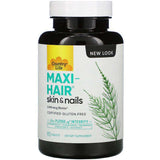
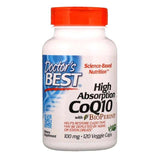
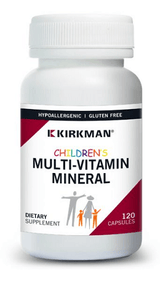
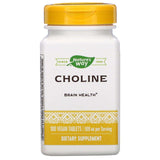
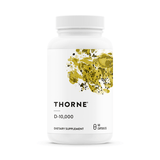
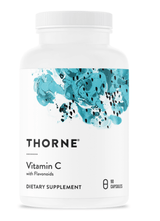

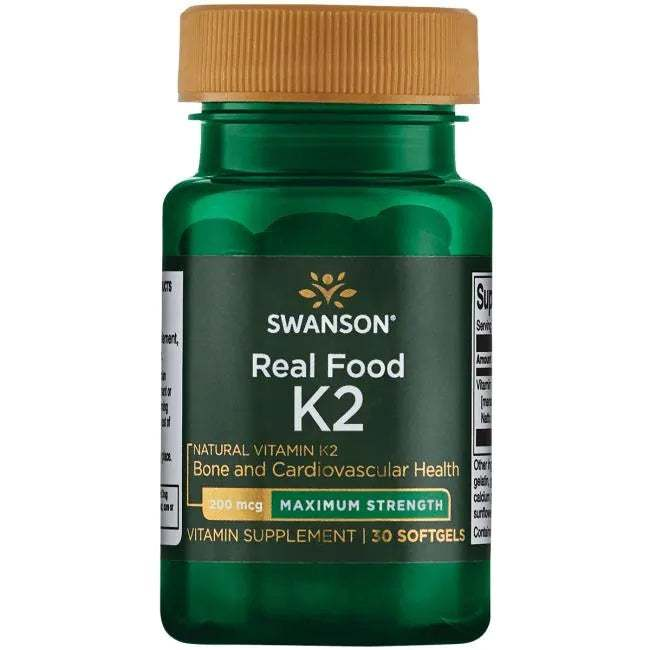
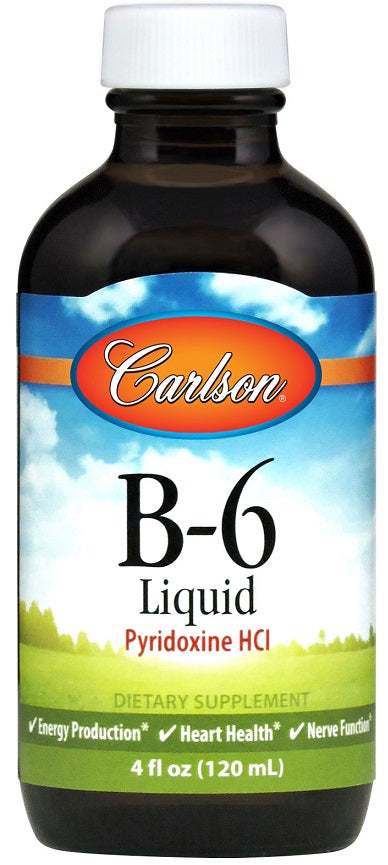
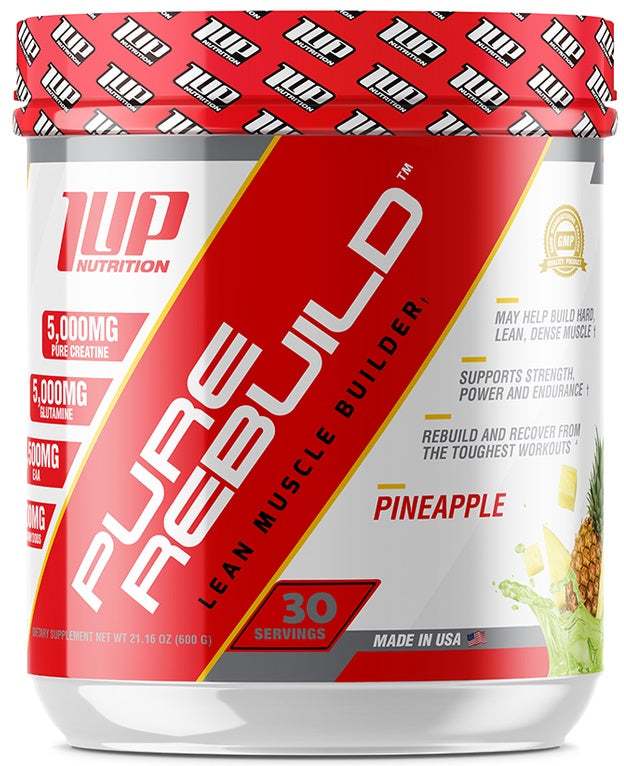

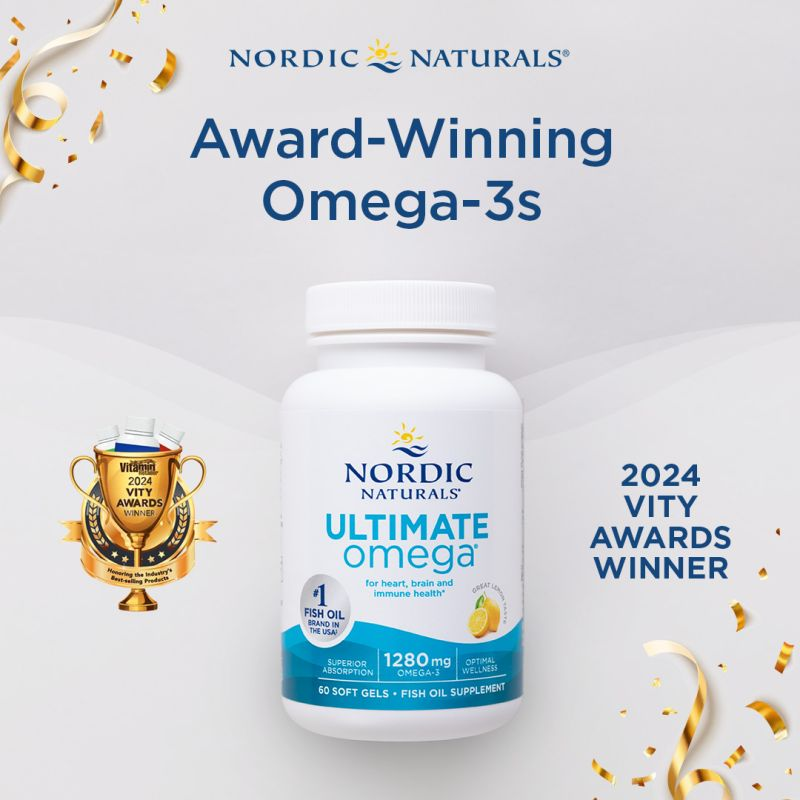
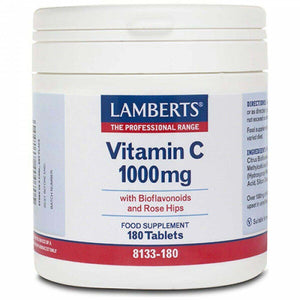



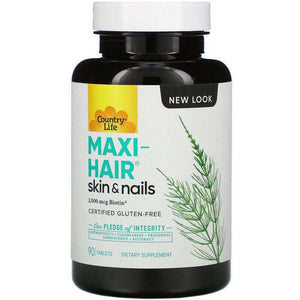
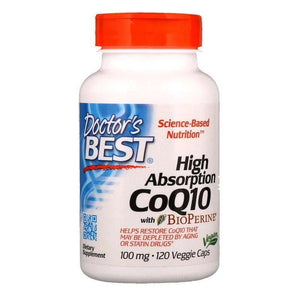
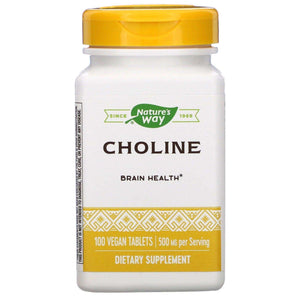
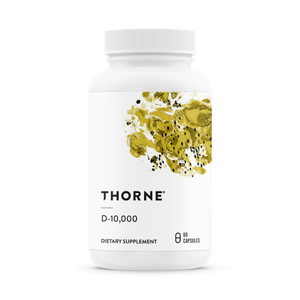
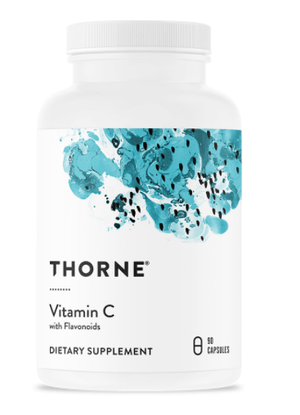
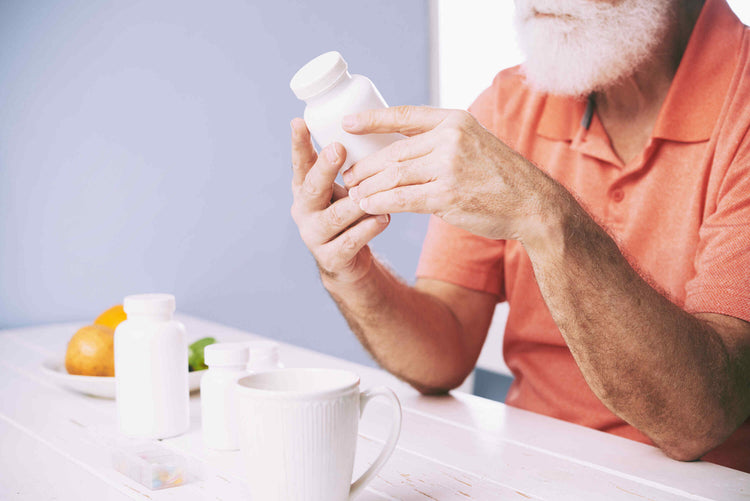

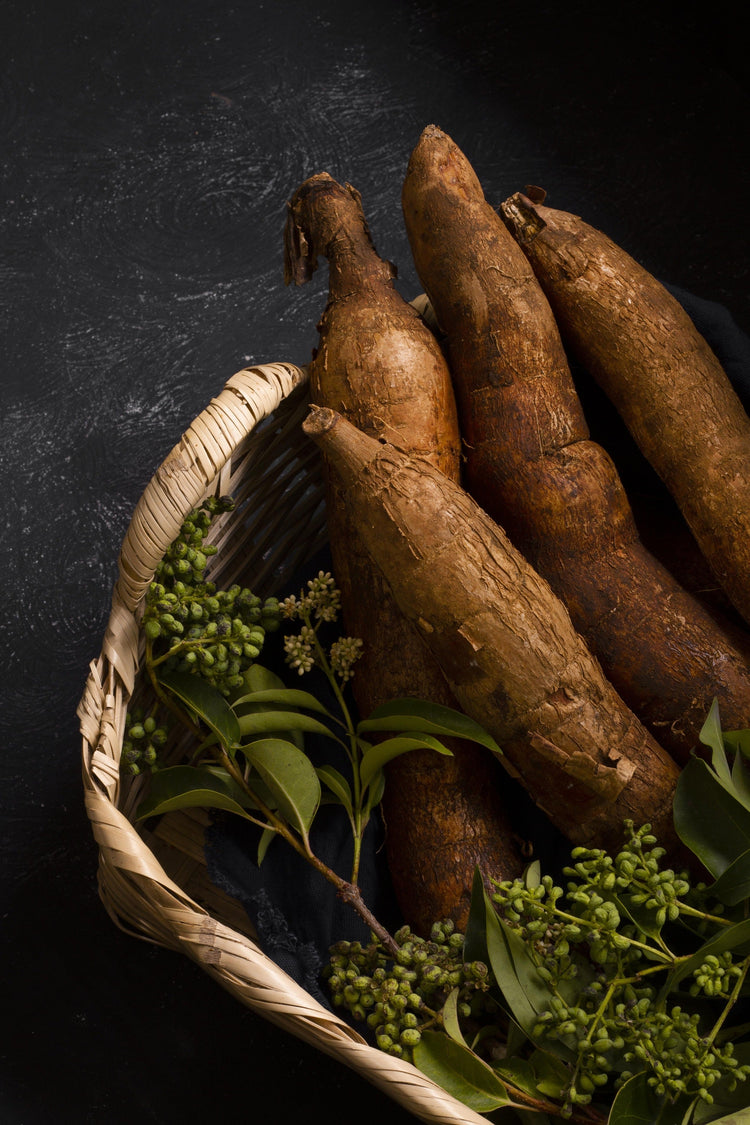




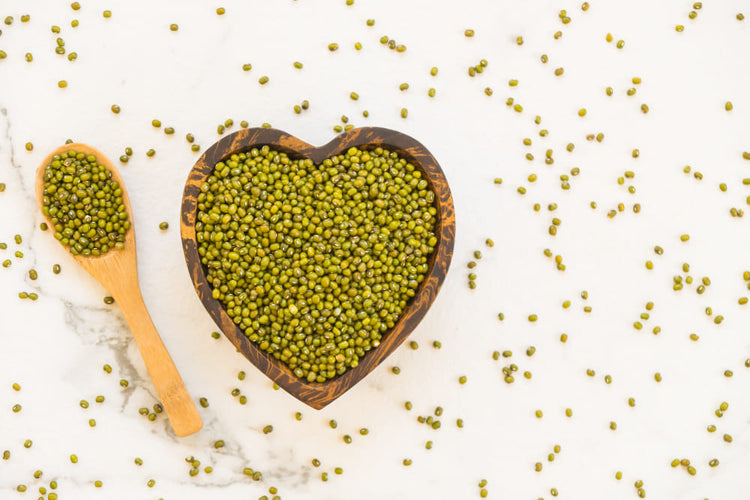
 Rated Excellent by 26,523+ Reviews
Rated Excellent by 26,523+ Reviews